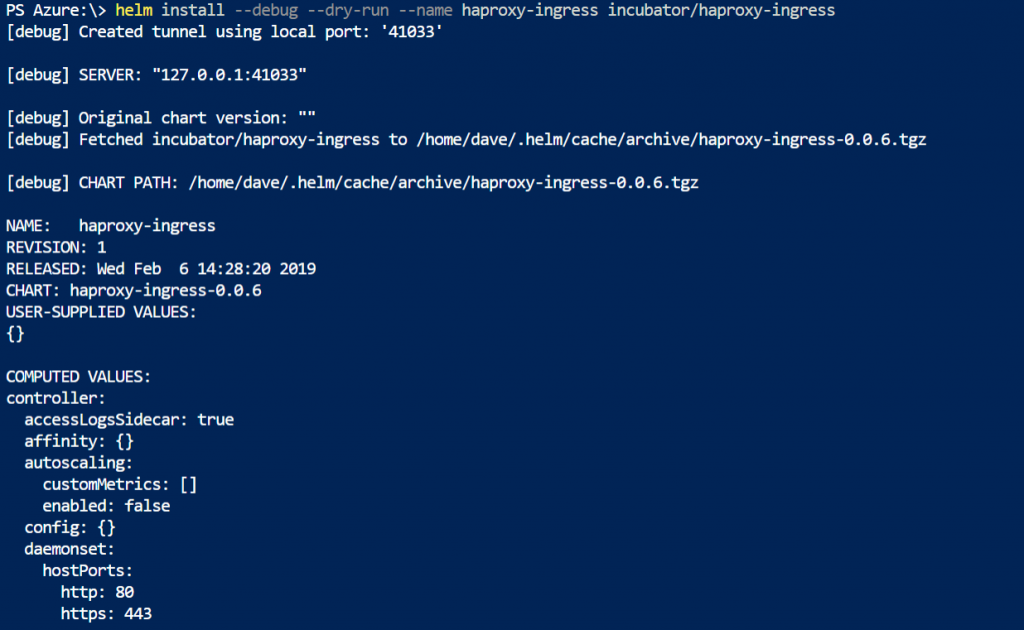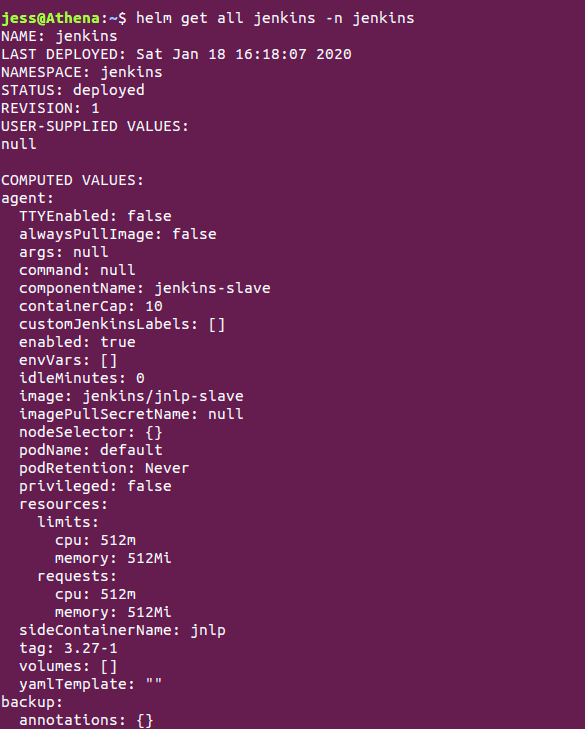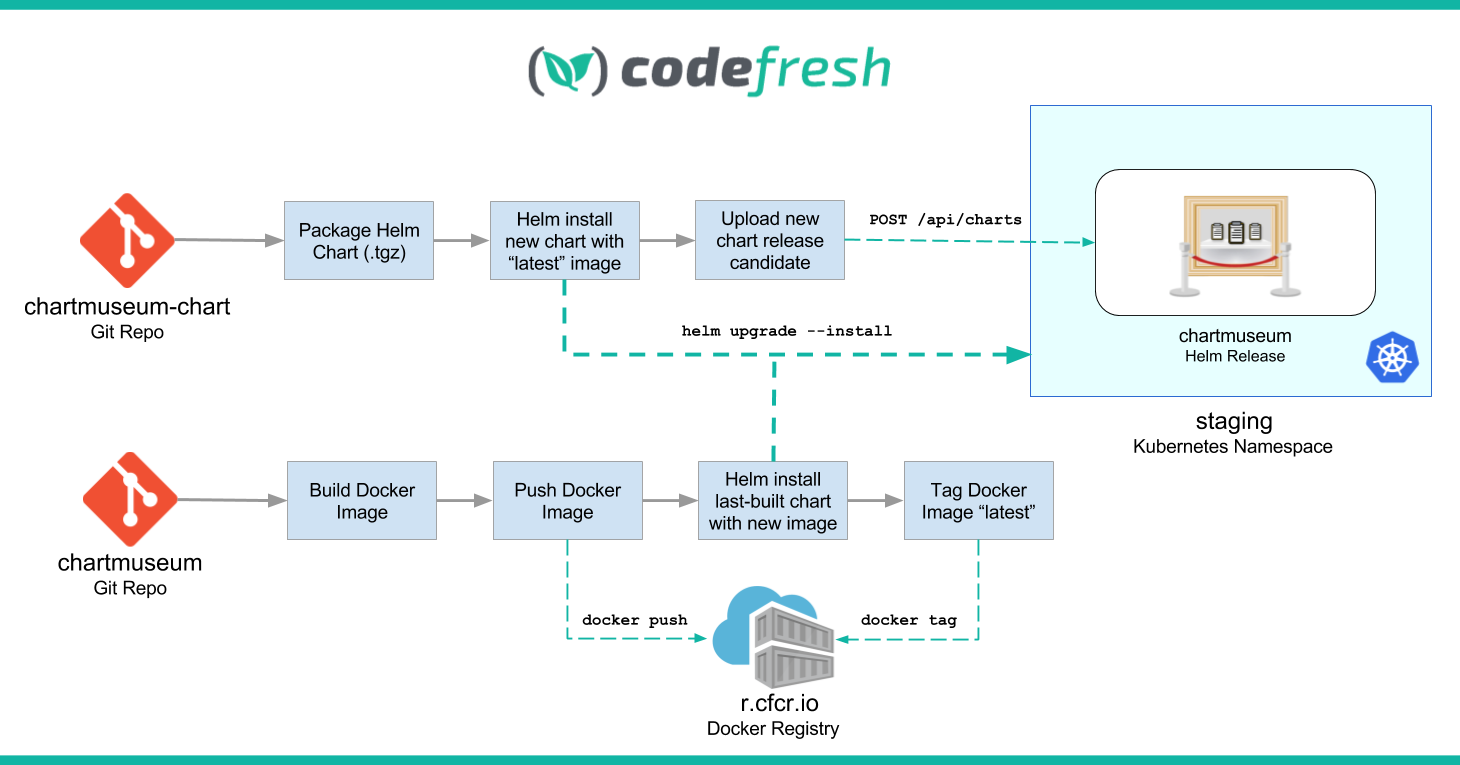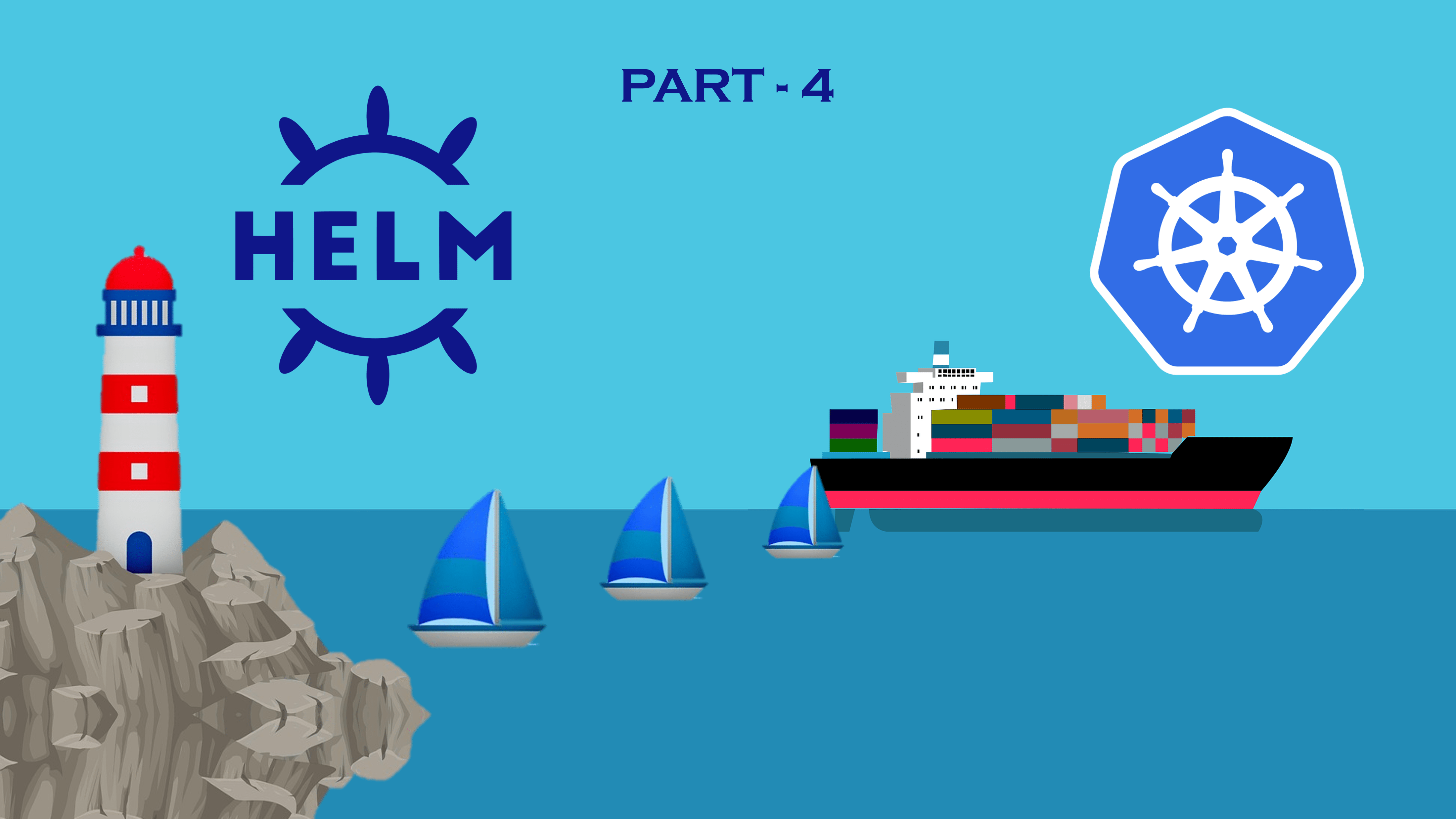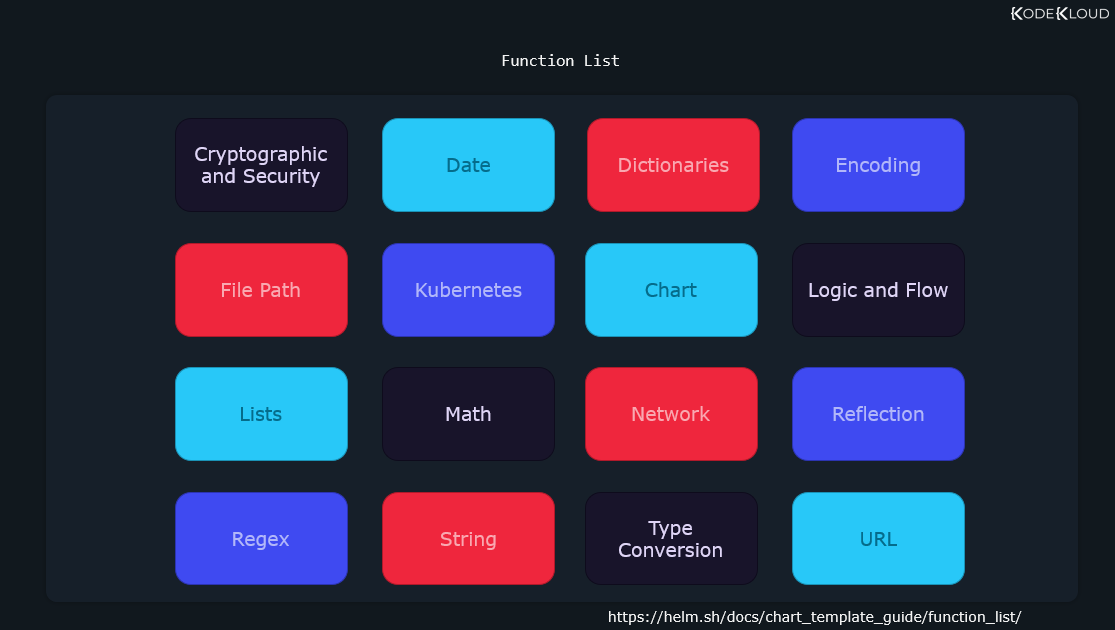Helm Template Function
Helm Template Function - We'll see two ways to create them, and a few. Web helm provides the named templates feature that allows users to share and reuse template snippets and deployment logic. Web a named template (sometimes called a partial or a subtemplate) is simply a template defined inside of a file, and given a name. Web helm allows for the use of go templating in resource files for kubernetes. Web helm has over 60 available functions. These code blocks can be invoked multiple times throughout a. Web you can do this by using the tpl function in your helm chart templates. But it is not sufficient to encapsulate &. Web helm has over 60 available functions. A file named _helpers.tpl is usually used to define go template helpers with this syntax: This part of the best practices guide focuses on templates. Web control structures (called actions in template parlance) provide you, the template author, with the ability to control the flow of a template's generation. Web use the file _helpers.tpl to encapsulate your conditions using functions and calling them by {{ template funcname }}. But it is not sufficient to encapsulate &. Web when helm evaluates a chart, it will send all of the files in the templates/ directory through the template rendering engine. Web you can do this by using the tpl function in your helm chart templates. We’ll see two ways to create them, and a few. This function allows you to.</p> It then collects the results of those templates and sends. Some of them are defined by the go template language itself. Web using helm template and setting values.ports=$port_list, it ended up giving me a pipe and an extra dash like below, which i do not know where they come from, how do i. Web in helm, named templates are a powerful tool that allows you to define reusable pieces of code. Web control structures (called actions in template parlance) provide you, the template author, with the ability to control the flow of a template's generation. Most of the others are part of the sprig template library. This guide focuses on the following concepts:. Web in that case, your named template is synonymous with the “sayhello” function, and the arguments you provide to the template are synonymous with the. Web you can do this by using the tpl function in your helm chart templates. Render chart templates locally and display the output. Structure of templates/ the templates/ directory should be structured as follows: To quote the helm documentation, “the tpl function allows developers to. Web in helm, named templates are a powerful tool that allows you to define reusable pieces of code. Structure of templates/ the templates/ directory should be structured as follows: Web you can do this by using the tpl function in your helm chart templates. We’ll see two ways to create them, and a few. This guide focuses on the following. To quote the helm documentation, “the tpl function allows developers to. See the docs for details. Render chart templates locally and display the output. A few particularly useful ones are: A file named _helpers.tpl is usually used to define go template helpers with this syntax: Web helm allows for the use of go templating in resource files for kubernetes. But it is not sufficient to encapsulate &. Web a named template (sometimes called a partial or a subtemplate) is simply a template defined inside of a file, and given a name. Web in that case, your named template is synonymous with the “sayhello” function, and. See the docs for details. Web we'll look at how templates are structured, how they can be used, how to write go templates, and how to debug your work. Web in that case, your named template is synonymous with the “sayhello” function, and the arguments you provide to the template are synonymous with the. Structure of templates/ the templates/ directory. See the docs for details. Web helm has over 60 available functions. Web we'll look at how templates are structured, how they can be used, how to write go templates, and how to debug your work. To quote the helm documentation, “the tpl function allows developers to. Some of them are defined by the go template language itself. Web helm has over 60 available functions. Most of the others are part of the sprig template library. We'll see two ways to create them, and a few. A file named _helpers.tpl is usually used to define go template helpers with this syntax: This part of the best practices guide focuses on templates. Most of the others are part of the sprig template library. Some of them are defined by the go template language itself. Web use the file _helpers.tpl to encapsulate your conditions using functions and calling them by {{ template funcname }}. We'll see two ways to create them, and a few. Web helm provides the named templates feature that allows. Render chart templates locally and display the output. Most of the others are part of the sprig template library. This guide focuses on the following concepts:. Web helm has over 60 available functions. Web a named template (sometimes called a partial or a subtemplate) is simply a template defined inside of a file, and given a name. Web helm has over 60 available functions. Web helm provides the named templates feature that allows users to share and reuse template snippets and deployment logic. This guide focuses on the following concepts:. Web in helm, named templates are a powerful tool that allows you to define reusable pieces of code. Web in that case, your named template is synonymous. Web a named template (sometimes called a partial or a subtemplate) is simply a template defined inside of a file, and given a name. Web we'll look at how templates are structured, how they can be used, how to write go templates, and how to debug your work. Render chart templates locally and display the output. Web helm allows for. We'll see two ways to create them, and a few. Web helm allows for the use of go templating in resource files for kubernetes. We’ll see two ways to create them, and a few. Web helm has over 60 available functions. Most of the others are part of the sprig template library. These code blocks can be invoked multiple times throughout a. This function allows you to.Helm Template Command Examples
Helm Template Function
Helm Template Function
Helm Template Command Example
Helm Template Function
Helm Template Include
Helm Part4 Helm Chart Template Functions and Pipelines with
Helm 3 Chart Template Functions and Pipelines YouTube
Helm Template Functions and Pipelines
Helm Template Function Web A Quick Guide On Chart Templates.Printable
It Then Collects The Results Of Those Templates And Sends.
A Few Particularly Useful Ones Are:
This Part Of The Best Practices Guide Focuses On Templates.
Web in that case, your named template is synonymous with the “sayhello” function, and the arguments you provide to the template are synonymous with the. Web in helm, named templates are a powerful tool that allows you to define reusable pieces of code. Some of them are defined by the go template language itself. Render chart templates locally and display the output.
Web Use The File _Helpers.tpl To Encapsulate Your Conditions Using Functions And Calling Them By {{ Template Funcname }}.
Web a named template (sometimes called a partial or a subtemplate) is simply a template defined inside of a file, and given a name. A file named _helpers.tpl is usually used to define go template helpers with this syntax: See the docs for details. To quote the helm documentation, “the tpl function allows developers to.
